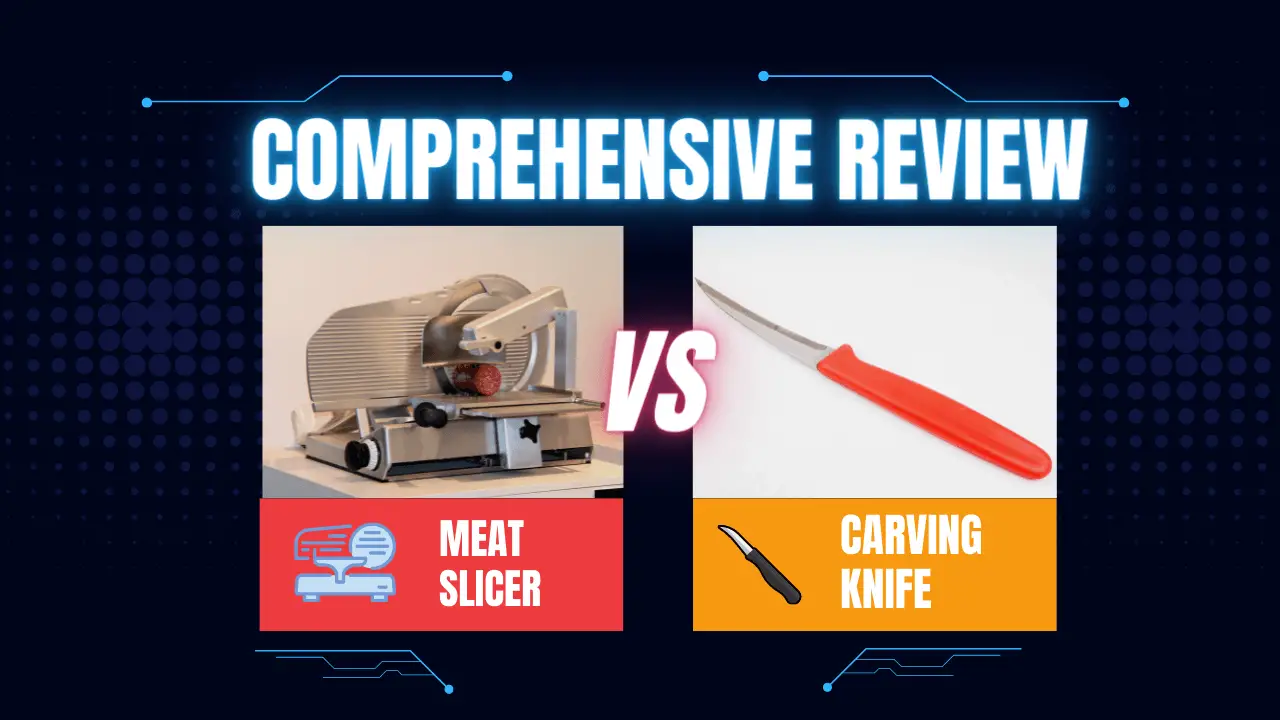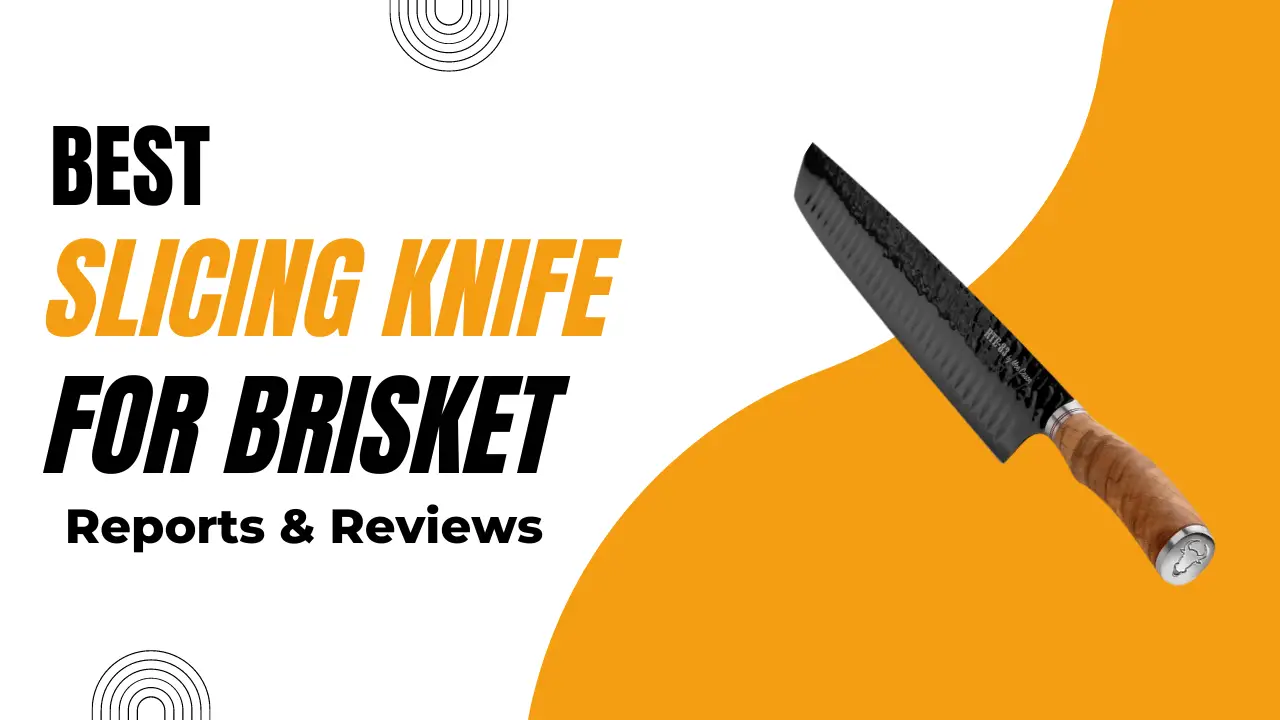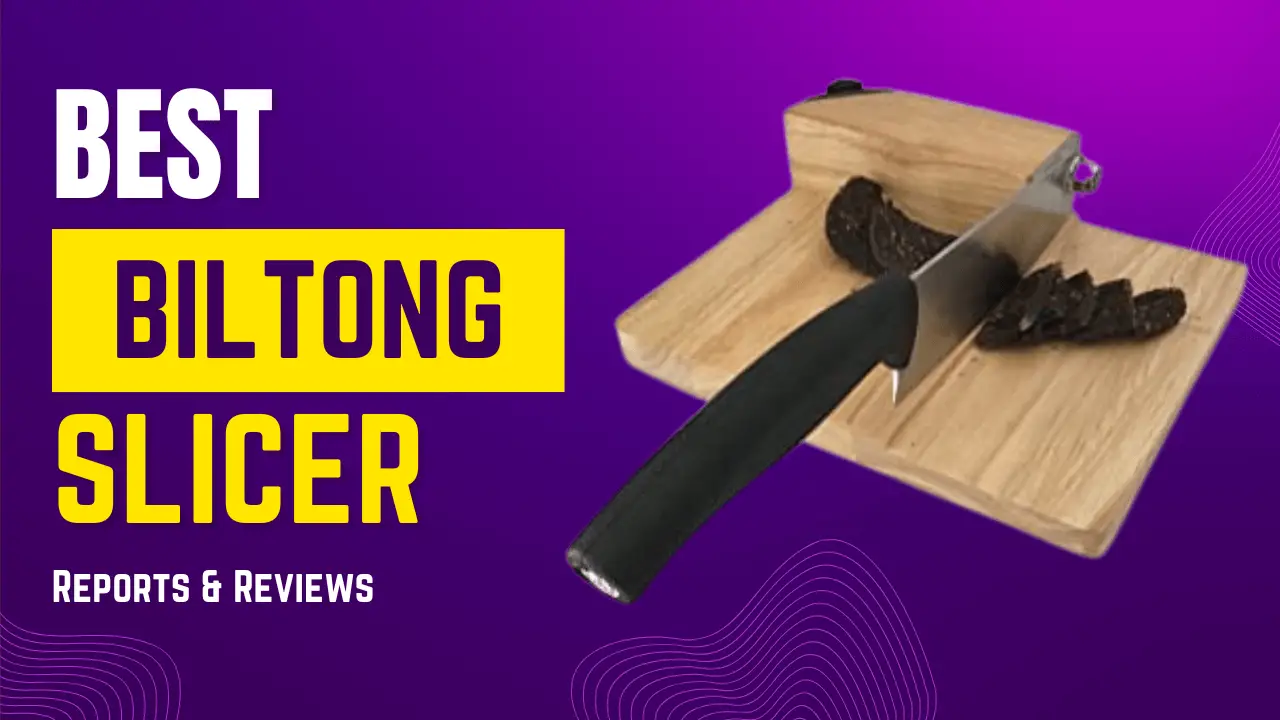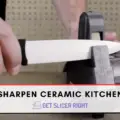Wusthof knives are made from high-carbon stainless steel, making them very corrosion-resistant and rust-resistant. However, if the knives are not cared for properly, they can corrode. To avoid rusting, the knives should be washed and dried immediately after use and stored in a cool, dry place. A knife block or magnetic holder are ideal options as they keep the blades away from moisture and allow air to circulate freely around them. It is also important to use proper oil on the blade to protect it from moisture.
Do Wusthof Knives Rust?
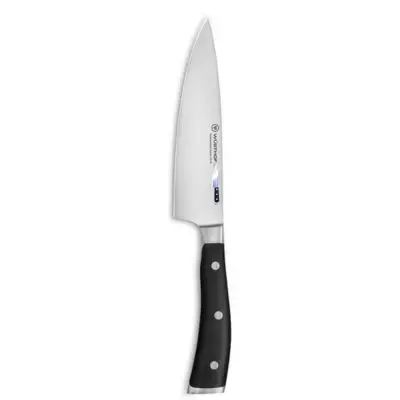
They can rust if not cared for properly. Wusthof knives are made from high-carbon stainless steel, highly corrosion-resistant and rust-resistant. However, it does need maintenance and care to ensure that it retains its optimal performance and life span. To prevent rusting, dry the surface of the knife after each use, as dampness can cause oxidation of the steel. Also, it’s important to avoid exposing the knife to harsh chemicals, such as bleach or other detergents that may cause steel corrosion.
What Makes Wusthof Knives Different?
Wusthof knives are made of high-carbon stainless steel, which combines the hardness and durability of carbon steel with the resistance to stains and rust of stainless steel. This type of steel is carefully selected and processed to ensure a uniform composition and structure and then forged or stamped into the desired shape. Wusthof knives are also heat-treated and tempered to enhance their strength and flexibility and ground and polished to achieve a razor-sharp edge and smooth surface.
How To Clean And Store Wusthof Knives?
To maintain the beauty and functionality of your Wusthof knives, it’s important to follow some basic cleaning and storage guidelines. Here are some tips:
- Clean your knives after each use with a mild detergent and warm water. Avoid using abrasive sponges, scouring pads, or harsh chemicals, as they can scratch or corrode the steel.
- Dry your knives immediately with a soft cloth or paper towel. Do not let them air-dry or soak in water, which can promote rust and discoloration.
- Store your knives in a knife block, magnetic strip, or sheath that can protect the blades from touching each other or other hard surfaces. Avoid storing them in a drawer or a damp environment, as this can expose them to moisture and bacteria.
- Sharpen your knives regularly with a honing steel or a whetstone, depending on the blade type and the dullness level. A sharp knife is more efficient and precise, safer, and less prone to rust.
How To Remove Rust From Wusthof Knives?
If you notice some rust spots on your Wusthof knives, don’t panic. You can still salvage them with some elbow grease and patience. Here’s how:
- Use a mild abrasive like baking soda or Bar Keepers Friend to scrub the rust off the surface gently. Apply a small amount of the powder on a damp cloth or sponge, and rub it in circular motions on the affected area. Rinse the knife with warm water and dry it thoroughly.
- Apply a rust remover like CLR or vinegar to the rusted spots if the baking soda method doesn’t work. Dip a cotton swab or a toothbrush in the solution, and dab it on the rusted area. Let the solution sit for a few minutes, and then rinse the knife with warm water and dry it thoroughly.
- Use a specialized rust eraser or abrasive pad like the Rust Eraser if the previous methods fail or you want a more precise and gentle approach. These products are designed to remove rust without scratching or damaging the steel. Follow the instructions carefully and test the product on a small and inconspicuous area before applying it to the blade.
How Do You Maintain A Wusthof Knife?
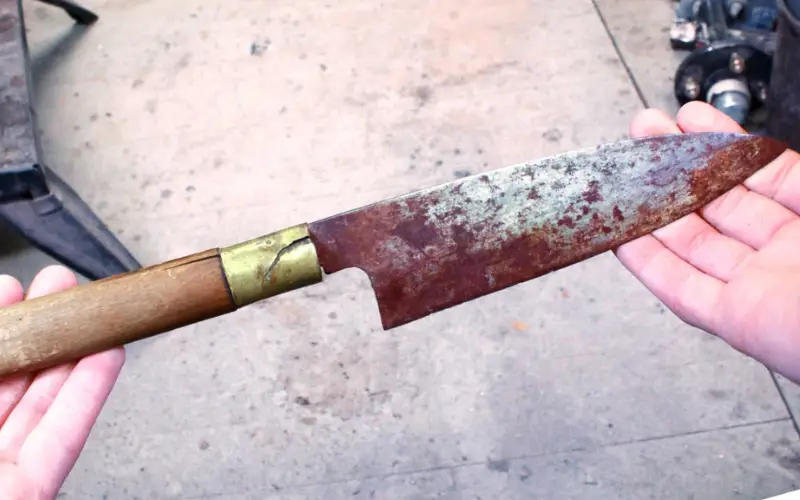
- Keep them clean: Wash your knives after each use and dry them immediately.
- Don’t leave them wet: After washing, store the knives in a dry place. Wet conditions can cause rust spots on the blade.
- Avoid acidic foods and liquids: To prevent corrosion, avoid cutting foods such as citrus fruits, tomatoes, and onions. Additionally, acidic liquids such as vinegar or wine can cause blade discoloration if left on for too long.
- Keep them sharp: Dull knives are more prone to corrosion than sharp ones, as it is harder for food particles to come off a dull knife. Therefore, make sure you invest in good quality sharpening steel.
- Oil them: To protect the blades, you can oil them with mineral or vegetable oil to help prevent rusting and discoloration.
- Store your knives properly: in a dry and cool place, such as a kitchen drawer, block, or pouch. Do not store in damp or moist areas like the refrigerator or dishwasher.
How Long Will Wusthof Knives Last?
Wusthof knives are known for their extreme durability and long life. They can last for decades if properly cared for and maintained. Unlike other knife brands, Wüsthof knives are made from a single piece of heat-treated steel to ensure strength and stability. This results in a blade with superior edge retention that will remain sharp longer with less maintenance.
Are Wusthof Knives Dishwashers Safe?
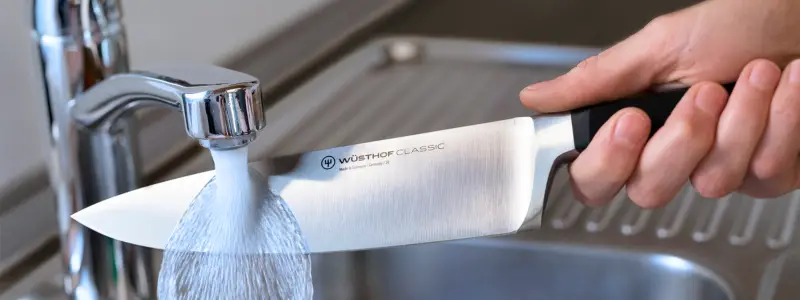
Wusthof knives are safe for use in a dishwasher because they have been treated with an ice-hardening process that increases their corrosion resistance. However, it is important to note that this ice-hardening process does not make knives completely rustproof. Therefore, if you put your Wusthof knives in the dishwasher, you should always dry them afterward and store them in a dry place to avoid rust.
Will Wusthof Replace My Knife If It Rusts?
Wusthof knives are designed and manufactured to be long-lasting, durable tools. However, regular use can cause the blade to dull over time, and rust spots can appear. While Wusthof does not offer a warranty against rust or wear due to normal use, they have an excellent customer service team that can answer any questions you may have about their products.
FAQs
How often should I sharpen my Wusthof knives?
The frequency of sharpening your Wusthof knives depends on the frequency and intensity of use, the blade type, and the dullness level. Generally, it would be best to hone your knives with honing steel before or after each use to maintain the edge and alignment. You should also sharpen your knives with a whetstone or a sharpening tool once or twice a year or when you notice a significant decrease in performance.
What is the difference between forged and stamped Wusthof knives?
Wusthof knives are available in two main types of construction: forged and stamped. Forged knives are made from a single piece of steel that is heated, hammered, and shaped by hand or machine, resulting in a stronger and heavier blade with a bolster and a full tang. Stamped knives are cut out of a sheet of steel with a stamping machine, resulting in a lighter and thinner blade with no bolster and a partial tang. Both types of knives can be high-quality and durable, but forged knives are generally more expensive and preferred by professional chefs and serious home cooks.
How can I tell if my Wusthof knives are dull?
You can tell if your Wusthof knives are dull by testing their cutting ability on a piece of paper, a tomato, or an onion. If the blade drags or slips or requires excessive force to cut, it may be dull and need sharpening. You can also visually inspect the blade for nicks, chips, or discoloration, indicating damage or wear.
Can I cut beef with a regular knife?
No, it would be best not to use a regular knife for cutting beef. Beef is much tougher than other meats and requires a sharp and heavy-duty knife to get through it.
Conclusion
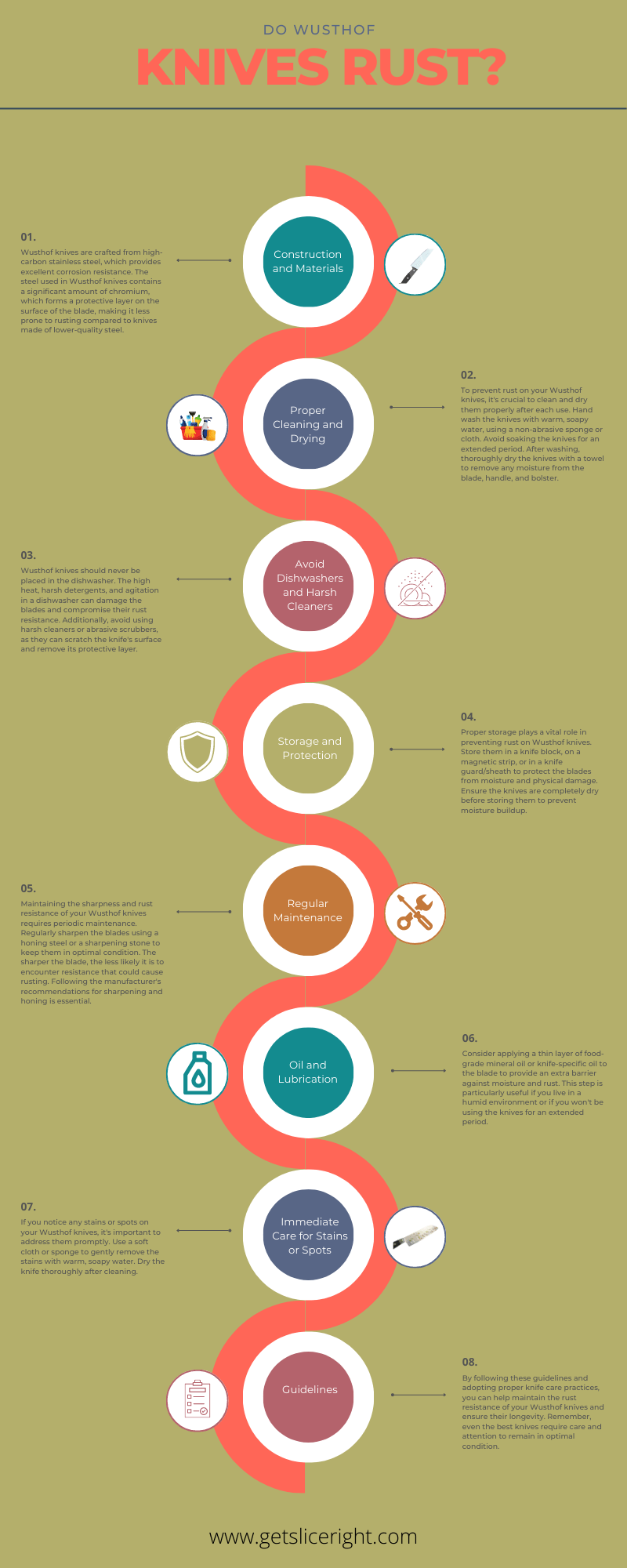
Wusthof knives are made from high-quality steel that is highly resistant to rust. Taking care of your knives and keeping them clean, dry, and oiled after each use is important to prevent rusting. The stainless steel blades also make it harder for bacteria to survive on the surface of the knife, making them a safer option for food preparation. With proper maintenance, you can enjoy your Wusthof knives for many years.

Mario Batali is a renowned author, food enthusiast, and passionate chef who has dedicated his life to exploring the world of culinary arts. With a love for sharing his knowledge and experiences, Mario has become a prominent figure in the food blogging community, inspiring countless readers with his creativity and expertise.
In addition to his culinary prowess, Mario Batali is also a talented writer with a flair for engaging storytelling. He launched his own food blog to share his recipes, cooking tips, and personal experiences in the kitchen. Over time, Mario’s blog gained a loyal following of food enthusiasts who appreciate his unique approach to cooking and his dedication to using only the finest ingredients.
Mario Batali’s passion for food and his commitment to sharing his knowledge with others have made him a true inspiration in the world of culinary arts. Through his blog, cookbooks, and public appearances, Mario continues to spread his love of food and the joy of cooking with his ever-growing fanbase.


